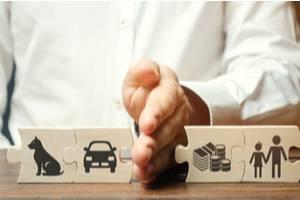 Financial issues are one of the most common factors that can lead to divorce. In some cases, couples may encounter disagreements about how to handle money, or the stress of dealing with debts and expenses may be one of the reasons for the breakdown of a couple’s relationship. Even if financial problems are not the cause of a divorce, a couple may need to determine how to handle debts as they proceed with the process of ending their marriage. For couples or individual spouses who are considering bankruptcy, it is important to understand the role that this may play in the divorce process and how the end of their marriage will affect their ability to eliminate their debts.
Financial issues are one of the most common factors that can lead to divorce. In some cases, couples may encounter disagreements about how to handle money, or the stress of dealing with debts and expenses may be one of the reasons for the breakdown of a couple’s relationship. Even if financial problems are not the cause of a divorce, a couple may need to determine how to handle debts as they proceed with the process of ending their marriage. For couples or individual spouses who are considering bankruptcy, it is important to understand the role that this may play in the divorce process and how the end of their marriage will affect their ability to eliminate their debts.
Filing for Bankruptcy Before or After Divorce
Determining the right time to file for bankruptcy can sometimes be difficult. In some cases, a couple may want to deal with their debts and ensure that they will both be in a stable financial position as they move on following the end of their marriage. However, they will also want to make sure filing for bankruptcy will not affect their ability to complete their divorce (and vice versa). Understanding the correct timing of bankruptcy and divorce proceedings can help a couple ensure that they will be able to receive relief from their debts and terminate their marriage successfully.
In cases involving Chapter 7 bankruptcy, a couple may be able to complete this process prior to filing for divorce. A Chapter 7 case (also known as a “liquidation bankruptcy”) will allow certain types of debts to be discharged, and debtors may be required to turn over certain non-exempt assets that will be liquidated so that a portion of their debts may be repaid. This process will typically take no more than a few months, and it may allow a couple to eliminate their joint debts before they move forward with the divorce process. However, debtors must pass a means test before they can qualify for Chapter 7 bankruptcy, and if a couple’s combined income and assets exceed a certain amount, they may not be able to file for this type of bankruptcy together. In these cases, one or both parties may be able to qualify for Chapter 7 separately based on the resources available to them after their divorce.
...






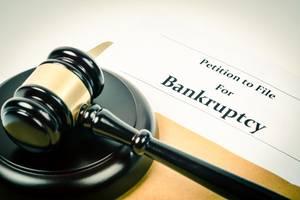 For those who are looking to obtain relief from their debts,
For those who are looking to obtain relief from their debts, 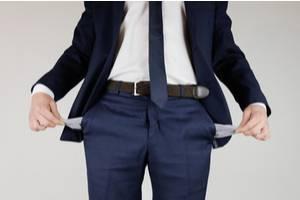 In
In 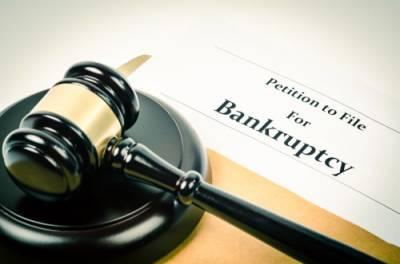 If you have significant debts, you may be considering your options for receiving debt relief through
If you have significant debts, you may be considering your options for receiving debt relief through 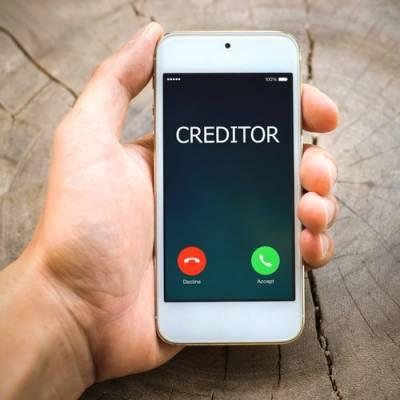 People who have experienced financial difficulties that have caused them to be unable to pay their debts may be concerned about the steps that creditors may take to collect what is owed. Creditors or collection agencies may contact a debtor and ask them to make payments, and some creditors may act in a harassing manner, including making threats or contacting a person’s employer. In some cases, a creditor may initiate a lawsuit attempting to collect what is owed, or they may repossess property or begin
People who have experienced financial difficulties that have caused them to be unable to pay their debts may be concerned about the steps that creditors may take to collect what is owed. Creditors or collection agencies may contact a debtor and ask them to make payments, and some creditors may act in a harassing manner, including making threats or contacting a person’s employer. In some cases, a creditor may initiate a lawsuit attempting to collect what is owed, or they may repossess property or begin 








